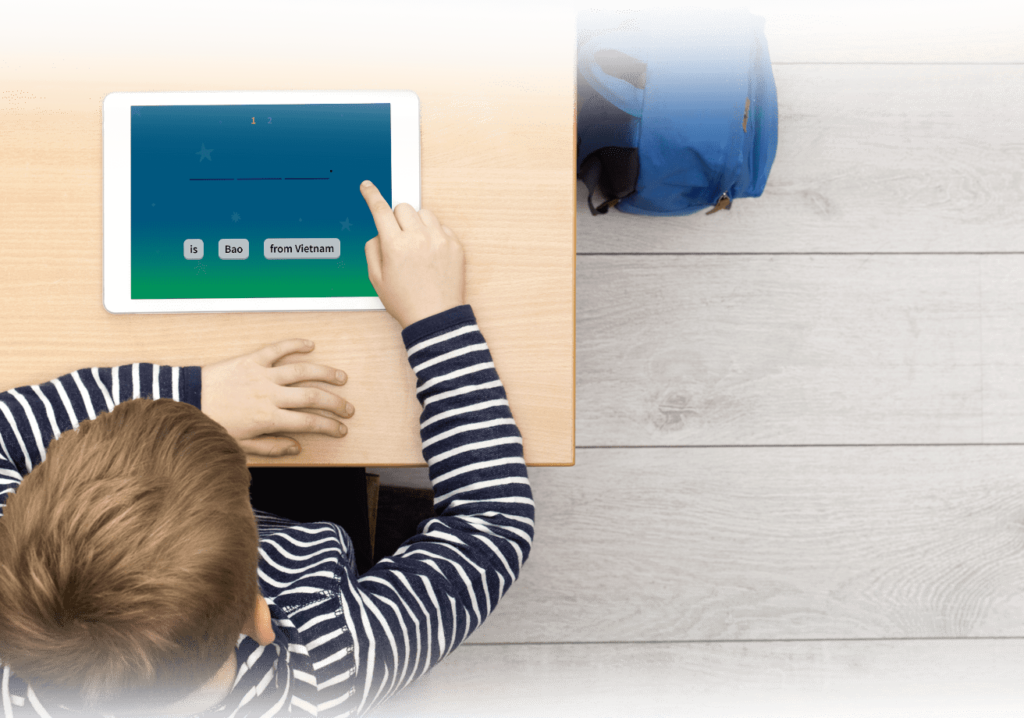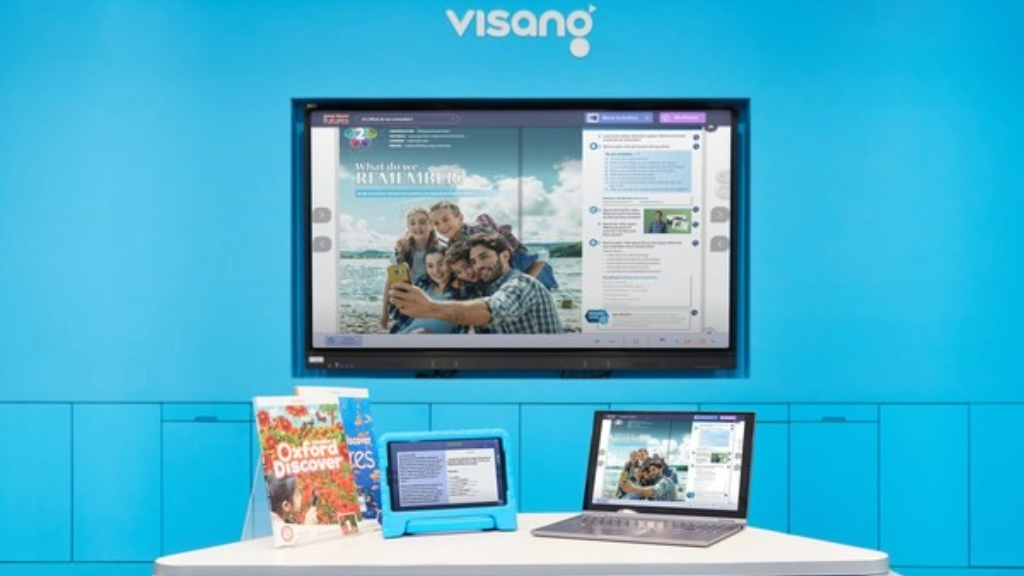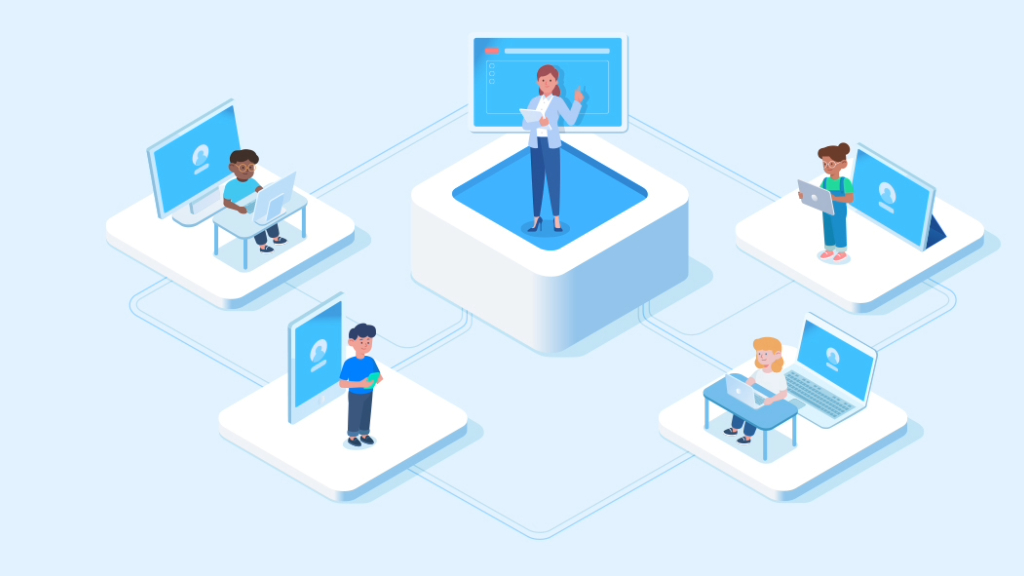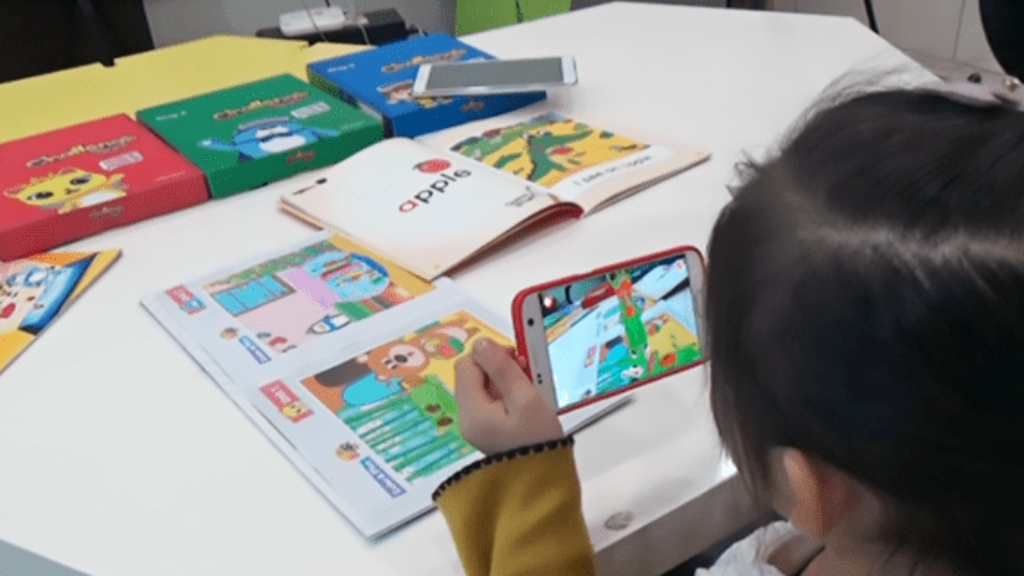Digital literacy is a critical component of success in our modern world, yet many barriers exist to achieving it.
Despite digital technology becoming increasingly accessible and commonplace, many individuals and communities are struggling to overcome the obstacles that prevent them from understanding and fully utilizing digital technology.
This article aims to explore the various barriers to achieving digital literacy and discuss how they can be addressed effectively.
1. Benefits of Digital Literacy
2. Common Barriers
3. Strategies for Overcoming Barriers
4. Future Considerations
Benefits of Digital Literacy
Digital literacy equips individuals and communities with essential skills and knowledge. Mastering basic skills like using computers and navigating the Internet and advanced skills like coding and data analysis prepare people for success in today’s digital world.
Communication is a crucial benefit of digital literacy. Understanding technology use helps people stay informed and connected. It aids online education, job hunting, and daily shopping and entertainment.
Digital literacy also enhances online safety. It teaches children and adults to protect their information and understand cyber security risks.
Overall, digital literacy enriches lives and communities. It enables people to engage with technology meaningfully, fostering personal and community growth. It opens doors to new learning, collaboration, and creativity, vital for personal and communal development.
Common Barriers

Today’s digital literacy faces several hurdles. Access issues are more than just rural; they also affect urban families due to financial limits or inadequate infrastructure. This hampers skill development by limiting learning opportunities.
A report shows that 14% of U.S. schoolchildren lack home computer or internet access. This digital divide hits low-income and minority students harder. Cultural norms also impact technology access, with some families deeming it non-essential or fearing online risks like cyberbullying.
Efforts are underway to close this gap. Schools, libraries, and community centers provide technology access and digital literacy programs. Government initiatives like the FCC’s Lifeline program offer discounted Internet to low-income families.
Another challenge is the reluctance of some teachers to teach digital literacy, possibly hindering students’ success. Overcoming these obstacles is crucial for equipping the next generation with digital skills.
Strategies for Overcoming Barriers

Overcoming the digital literacy barriers some people face can be challenging, but some strategies can be implemented to help.
First, education initiatives should focus on increasing digital literacy, including awareness of all levels of online knowledge. By increasing the capacity of people to solve problems, find information, and work with digital media, people can grow their digital literacy and become better equipped to navigate the online world. This can be done through informative classes or seminars and hands-on practice.
Second, local governments and businesses can help by providing equipment, access to resources, and supportive services to people who want to become more digitally literate. By providing these services, individuals can better understand and participate online. Governments and businesses can also create supportive online communities where people can discuss their challenges and get expert advice.
Third, more digital resources should be available to those struggling with technology. Tutorials, apps, webinars, and videos are all valuable tools that can help explain topics and concepts in a way that is easy to understand. Additionally, basic instructions should be provided with each technology so that barriers to learning can be minimized.
Overall, with resources, education, and dialogue, challenges around digital literacy can be overcome. With proper support and training, those facing barriers to digital literacy can become more proficient in accessing and navigating the Internet, thus increasing their knowledge and understanding of the digital world.
Future Considerations

The future of digital literacy is still being determined. We are still deciding where technology and access to these resources and devices will lead us. We are already standing on the threshold of a new era where digital literacy is increasingly becoming a fundamental right and something that we are expected to understand and engage with. However, the reality is that there are numerous barriers to digital literacy, and these need to be addressed if we are to realize the true potential of digital literacy. We must continue exploring and innovating in digital literacy to eliminate any existing obstacles and create a safe platform where people can confidently and securely access digital resources.
As we move forward, further research and resources must be provided to give people from all communities the tools and educational opportunities needed to be digitally literate, regardless of social, economic, and educational background. We must also consider ways to reduce access and affordability barriers so that resources are legally and openly accessible and can be used equitably and informally.




